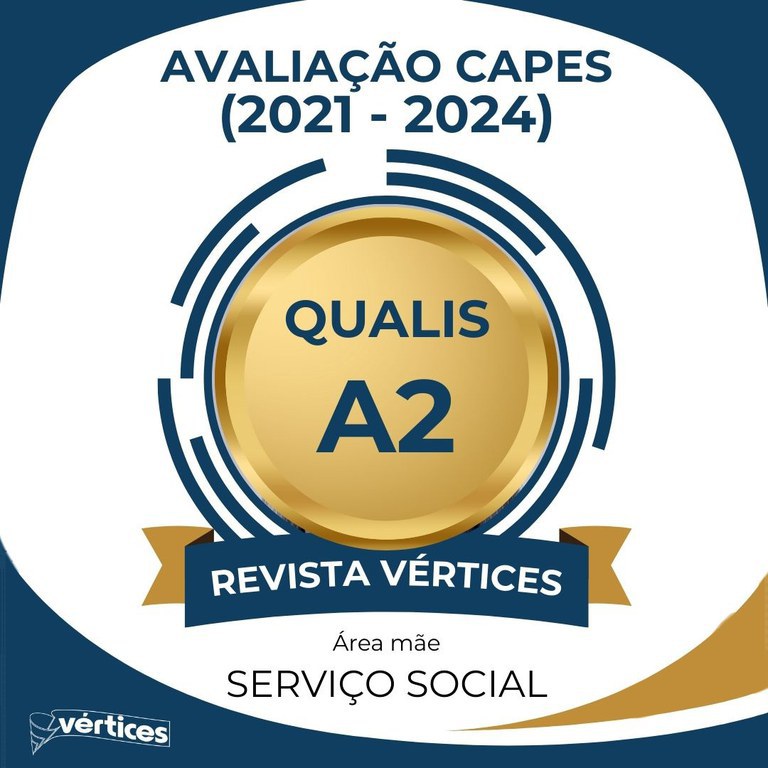Influence factors in the Knowledge Management
DOI:
https://doi.org/10.5935/1809-2667.20090007Keywords:
Organizational memory, Thoughtless action, ExperienceAbstract
There are factors which impel or slow down the knowledge processes into the organizations which in turn affect the completion of its vision as an ideal planning. The organizational memory, repetition of unconscious acts and the extended practice plays an important role in the meaning of the action and the goal to transform the plans into attainment through the manifest knowledge which turns into conclusion and makes a systematic knowing infused with values as an important core source for the firm. They conceive maturity stages of development within the companies which interact mutually, starting with the organizational memory which embodies the past and present successes, passing towards unconscious acts which can risk the true knowledge content to an extended practice stage based in years of experience.Downloads
References
AKRICH, M. The description of technical objects. Shaping technology building society. MIT Press. 1992.
ARGYRIS, C. et al. Organizational learning: a theory of action perspective. Adisson Wesley, 1978. p. 11.
BRADLEY, Keith. IC and the new wealth of nations. London School: Blackwell Publishing, v. 8, n. 4. p. 53-62, Dec. 1997.
CAIRNS, D. Research and emotion. Husserl Studies 17, p. 21-33. 2000.
CHOO, C. W. Organizations as “Information- Use Systems: A Process Model of Information Management. University of Amsterdam. Primavera working paper no. 1997-17. sep. 1997.
CHOO, C. W et al. The strategic management of intellectual capital and organizational knowledge. USA: Oxford University Press, 2002.
COOPER, R. et al. Organization: distal and proximal views, research in the sociology of the organizations, p. 237-274. Edit. JAY.1995.
DAMASIO, A. R. Descarte´s error: emotion, reason and the human brain. NY, USA: Quill, 2000.
FEYERABEND, P. The conquest of abundance. USA: University of Chicago Il, 1999.
GOODMAN, N. Ways of world making. Hackett Publishing Co, 1978.
HABERMAS, J. The communicate theory of action: volume two. Boston, MA, USA: Beacon Press, 1987.
HATCH, M. J. The role of the researcher: an analysis of narration position in organization theory. Journal of Management Inquiry, v. 5/4, p. 359-374, 1996.
HEIDEGGER, M. Being and time. NY, USA: Harper & Row. 1962.
HENKEL, Susan. The information audit: a practical guide. In: WORLDWIDE CONFERENCE OF SPECIAL LIBRARIANSHIP, Brington 16-19, Oct. 1997. p. 212.
HUSSERL, E. Crisis of European Sciences and transcendental phenomenology. Evanston Il. USA: Northwestern University Press, 1970.
JAEGER, W. Paideia. NY. USA: Oxford University Press, 1970.
KANT, I. Critique of Pure reason. St Martin Press NY: Smith N.K, 1965.
LATOUR, Bruno. We have been never modern. USA: Cambridge Hardvard University. 1993.
MALONE, T. W. et al. Experiments with OVAL: a radically tailorable tool for cooperative work. Turner & Kraut, ed. NY, USA: ACM Press, 1992. p. 289-287.
Downloads
Issue
Section
License
The authors of the manuscript submitted to Vértices, hereby represented by the corresponding author, agree to the following terms:
The authors retain the copyright and grant Vértices the right of first publication.
At the same time the work is licensed under the Creative Commons Attribution 4.0 International License, allowing third parties to copy and redistribute the material in any medium or format and to remix, transform, and build upon its content for any legal purpose, even commercially, provided the original work is properly cited.
Authors will not receive any material reward for the manuscript and Essentia Editora will make it available online in Open Access mode, through its own system or other databases.
Authors are authorized to enter into additional contracts separately for non-exclusive distribution of the version of the work published in Vértices (eg, publish in institutional repository or as book chapter), with acknowledgment of authorship and initial publication in this journal.
Authors are permitted and encouraged to disseminate and distribute the post-print (ie final draft post-refereeing) or publisher's version/PDF at online information sources (eg, in institutional repositories or on their personal page) at any time after the first publication of the article by Vértices.
Essentia Editora may make normative, orthographic and grammatical changes in the originals in order to maintain the standard language, with the final consent of the authors.
The content and opinions expressed in the manuscript are the sole responsibility of the author (s).
























1.png)



